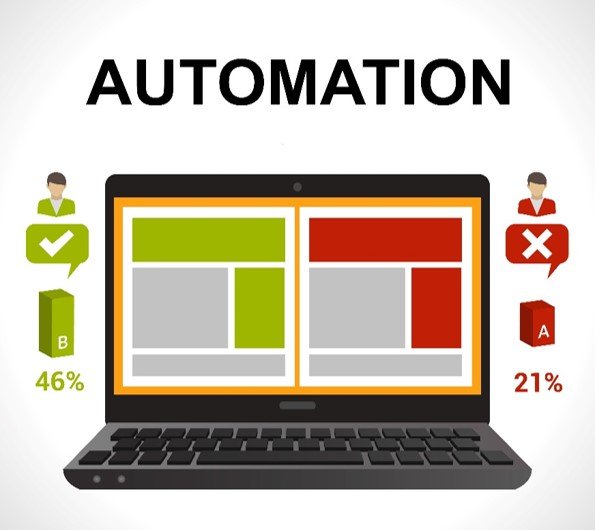Life can be hectic for an Insights Manager —and that’s an understatement. On any given day, you’re probably juggling a million different tasks, from leading research projects to managing product launches. And just when you think you have a second to catch your breath, another concept test lands on your to-do list.
Sound familiar? Then it might be time to invest in concept test automation. This takes over some of the heavy lifting associated with concept testing, and it speeds the process along to boot. But here’s the big question: Are you ready for it?
Signs That Your Business Is Ready to Automate Concept Testing
While the automation of concept testing is a great time-saver and a real plus in the analytics-driven decision department, it’s especially useful in the following situations:
1. You want to test a lot of different ideas and release your new product quickly.
Let’s be realistic. We can’t always have tons of time to refine a new idea. In fact, crunched timelines are pretty common in marketing, period. So what do you do? You don’t want to skimp on research. You’re going to have to maximize your results while minimizing time spent.
This is where Do It Yourself (DIY) concept testing comes in handy. Because you don’t have to interface with another agency, you can conduct the entire concept testing cycle in a few weeks. And in this timeframe, you can test multiple concepts with different sets of audiences. You save time, money, human effort, and frustration.
2. You want to reduce bias and generate the most valid results.
In traditional focus group research methods, respondents may unknowingly fall prey to overstatement bias or reference bias. Analysts may also inadvertently produce bias while reporting the results of qualitative research. And then there’s inaccurate information: you think you’re testing one concept, while the agency you’ve hired thinks you’re testing something just slightly different.
However it happens, misleading information means that your concept test results are skewed, and so are your chances of success with your go-to-market idea. Automating the concept test process gives you more control over bias variables, and it also lets you accurately represent your idea.
3. You want detailed, real-time information on your test.
Being able to properly visualize the data during the course of a concept test can present its own issues. Adding to the problem is the fact that agency-generated reports are usually delivered in a standard format, with a limited amount of detail. With an automated concept test, you get real-time updates via customizable dashboards, so visualizing the data is easy and accessible. And since you’re in control of the automated process, you can do deep dives of any section you like – without having to wait for agency responses.
4. You want to use your time and money effectively.
This is where an automated, in-house concept test tool really shows its value. You don’t hire outside consultants to run your test, so you save money (and time). You don’t wind up testing an inaccurate representation of your product – or another product altogether – so you’re more efficient in getting the product to market. This saves money (and time). And you get to see if there’s a market for your product without fully building it out. Which saves you – that’s right – time and money.
In other words, you get to use your marketing budget very efficiently indeed.
These days, getting to market quickly, with the right idea aimed at the right audience, isn’t merely a desirable outcome. It’s a necessity. The marriage of data-driven technology and market research is where the future is heading. It’s time to optimize your research practices and keep an ear tuned to what’s going on the in marketing world. To do that, subscribe to our blog or check back soon for our next post.































